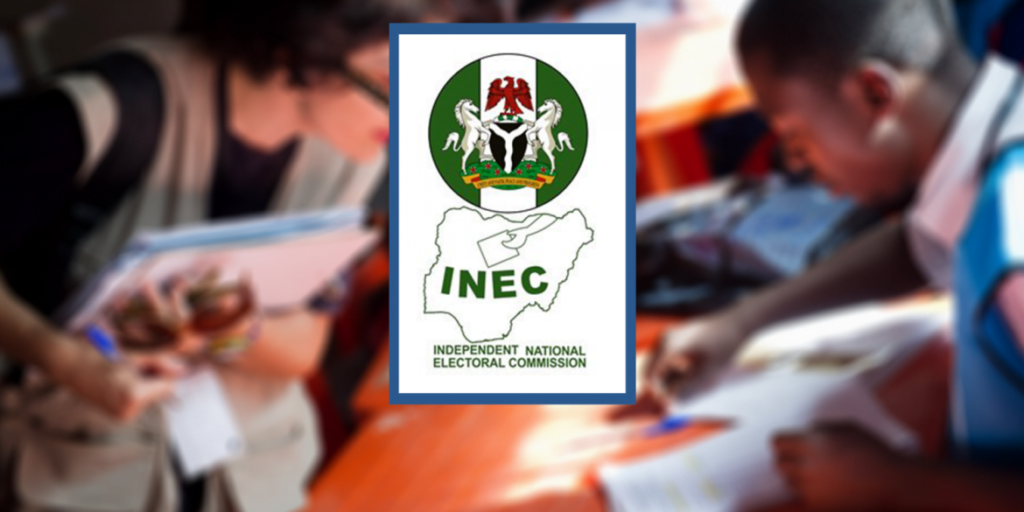The Independent National Electoral Commission (INEC) has dismissed recent allegations suggesting a decline in public confidence in Nigeria’s electoral system, describing such claims as baseless and unsupported by evidence.
These criticisms emerged from several Civil Society Organisations and religious groups, which raised concerns over what they perceive as growing disillusionment with the electoral process.
However, speaking exclusively, Rotimi Oyekanmi, Chief Press Secretary to the INEC Chairman, refuted these assertions, pointing instead to the robust public engagement witnessed during the ongoing Continuous Voter Registration (CVR) exercise.
“The notion that Nigerians have lost confidence in the electoral process is more of a myth than a reality, as those who proclaim it lack convincing evidence to support it,” Oyekanmi said.
He highlighted the high participation rate among Nigerian youths in the CVR as a clear indicator of trust in the electoral system.
“On the contrary, the high level of participation by Nigerians, especially the youths, in the ongoing Continuous Voter Registration, which began on 18 August this year with online pre-registration, shows that citizens still have confidence in the process,” he added.
READ ALSO: INEC rebuts ADC’s claims of inflating voter registration figures in Osun
INEC’s new phase of CVR was launched with an online pre-registration portal that went live on 18 August 2025. Within seven hours of its opening, 69,376 Nigerians had pre-registered, comprising 33,803 males (48.7%) and 35,573 females (51.3%). By 24 August, this number had surged to over 1.3 million, and by 21 September, it had exceeded 5.3 million.
In-person registration commenced on 25 August, and within the first month, nearly 765,000 individuals had completed their registration, either online or in person.
“There is no African country with these types of voter registration figures within one month,” Oyekanmi declared.
He reminded that completion of registration requires physical attendance at designated centres for biometric capture, in compliance with the Electoral Act 2022.
Reflecting on the 2023 general elections, Oyekanmi noted the significant improvements made, particularly in terms of diversity and representation.
He detailed that seven parties secured seats in the Senate, and eight parties won seats in the House of Representatives. Similar pluralism was evident at state assembly levels and in gubernatorial elections.
According to Oyekanmi, even recent bye-elections have demonstrated Nigerians’ continued faith in the electoral process.
He also criticised the seeming contradiction of some INEC critics who simultaneously call for electoral reforms, including transferring Local Government elections to INEC.
“Ironically, some of the most ardent critics of INEC are also in the forefront of calling for electoral reform to transfer Local Government elections to the same commission. Surely, they cannot continue to walk on both sides of the road,” he said.



